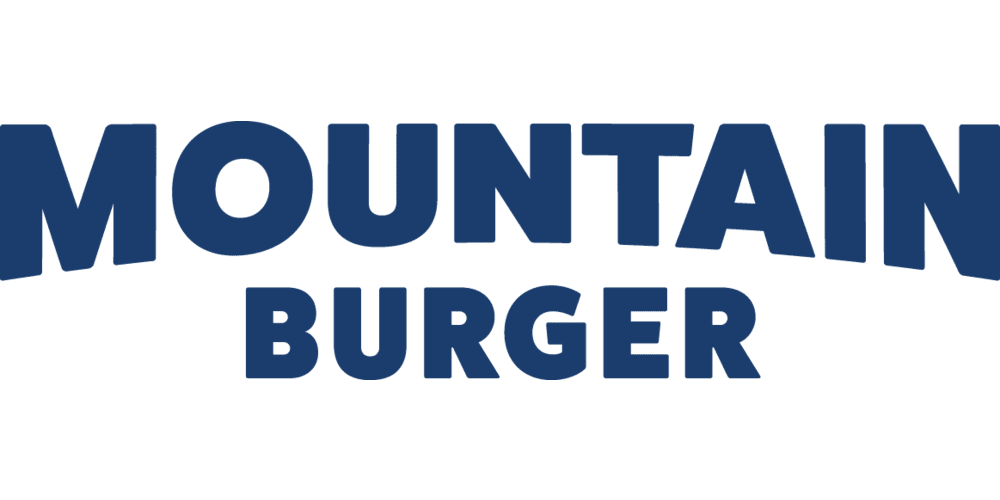Mountain Burger’s dedication to sustainability is at the forefront of what we do, and our commitment to net zero emissions in 2025 is how we’re working to accelerate the transition to sustainable dining and living. We started this blog to document our sustainability journey as we learn and navigate our way to our goal, and hope you learn along with us. Our first Sustainable Dining blog post was about Mountain Burger’s participation in the Pacific Power Blue Sky program.
What is the Blue Sky Program?
The Blue Sky program is a way for homeowners and businesses to buy Renewable Energy Credits (RECs) which allows them to claim renewable energy. RECs are rights to renewable energy and represent one megawatt-hour (MWh) of electricity produced by a renewable source and delivered by the grid. This keeps track of the produced renewable energy that enters the grid so the renewable energy is only purchased and accounted for once and cannot be claimed by multiple people.
Mountain Burger became a certified Luminary Blue Sky Business Partner in August which means that we purchased enough renewable energy to match 100% of what we were using. That means we could claim to operate on 100% renewable energy. However, in January we realized that the Blue Sky charges were no longer showing up on our bills.
Why did we stop receiving Blue Sky charges?
Mountain Burger’s rate schedule was initially Schedule 23 as a Small Nonresidential Consumer. Our rate schedule is based on our peak energy demand which is the greatest demand for electricity in kilowatts (kW) in a 15-minute period. This was based on the past year’s worth of data and for Mountain Burger’s location, that meant it was not based on our operations as we were not open then. After four months of having our peak demand above 30 kW, we were moved from Schedule 23 to Schedule 28 which is for Large Nonresidential Consumers. This change in rate schedule means that our Blue Sky plan was no longer an option for us.
What renewable energy options do we have now?
The Blue Sky program has other options options for buying renewable energy so we now buy 47 blocks to cover half of our energy use as a Visionary Partner. Due to an increase in price between the previous option as a Schedule 23 customer and the current option as a Schedule 28 customer, we were limited to 50%. We looked for other options like community solar, but unfortunately, there are no projects available for customers on Schedule 28.
What is community solar?
Community solar allows customers to subscribe to solar projects and claims solar energy without having to implement onsite solar which may be cost-prohibitive. This is available for residential and commercial electricity customers so this may be an option of interest to you.
Moving Forward
We analyzed our energy consumption and found that our peak demands for electricity are primarily between 6:30 and 7:30 PM on weekends. These are our busiest times at the restaurant so the energy demand spikes and exceeds the 30kW threshold. We’re researching ways that we can reduce our demands during those times and move down to Schedule 23 so we can become a Luminary partner again or subscribe to a community solar project.
Despite facing challenges in maintaining its Blue Sky certification due to changes in its rate schedule, Mountain Burger continues to explore alternative options for renewable energy. We are taking proactive steps to analyze and reduce energy consumption during peak hours, with the ultimate goal of achieving net zero emissions. By sharing our sustainability journey we hope to help others learn how to become more sustainable and help our customers dine sustainably.

Share:
Low VOC Paints
The Environmental Benefits of Used Equipment in Restaurants